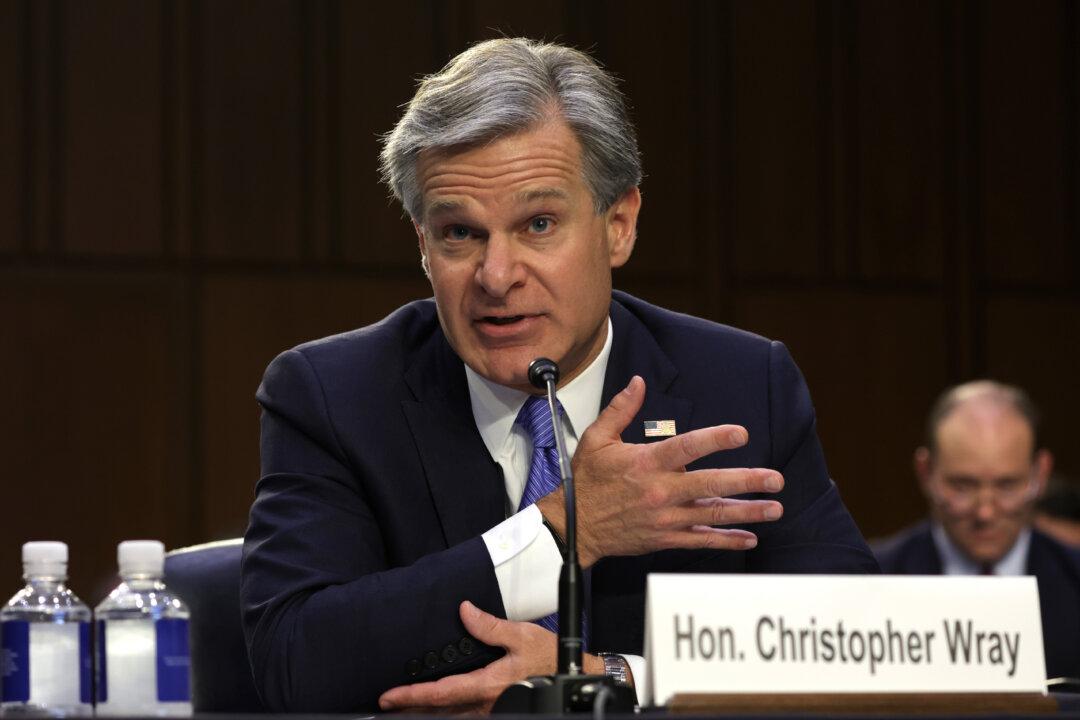Internal Department of Justice (DOJ) documents obtained from FBI whistleblowers show at least 44 high-level FBI officials either resigned or retired without being disciplined after sexual misconduct charges were documented against them, according to Sen. Chuck Grassley (R-Iowa).
Those 44 officials left the FBI before the DOJ’s Office of Professional Responsibility (OPR) was able to file official recommendations for appropriate penalties, Grassley said in a statement that was made available to The Epoch Times. The final disposition of one case in which the FBI executive left the bureau after OPR issued its decision isn’t known.





